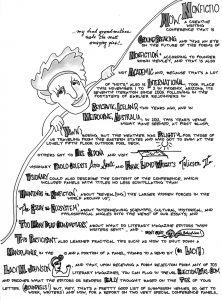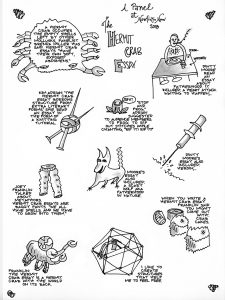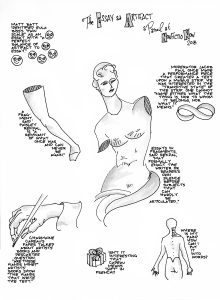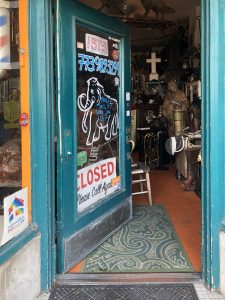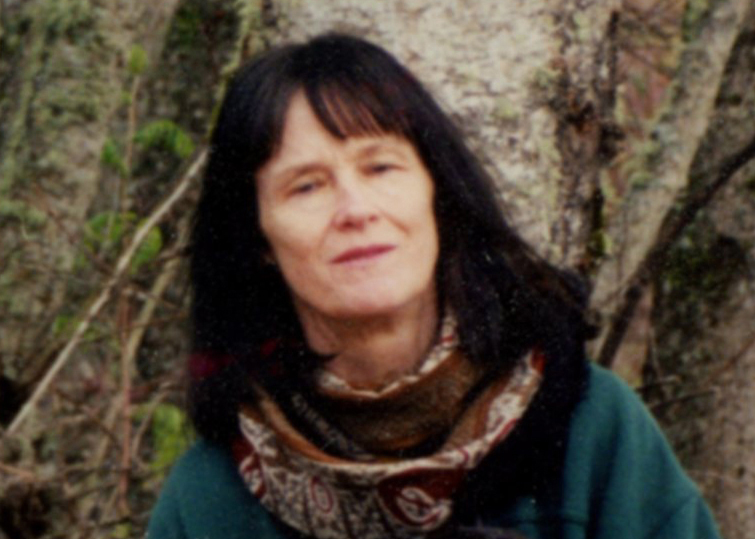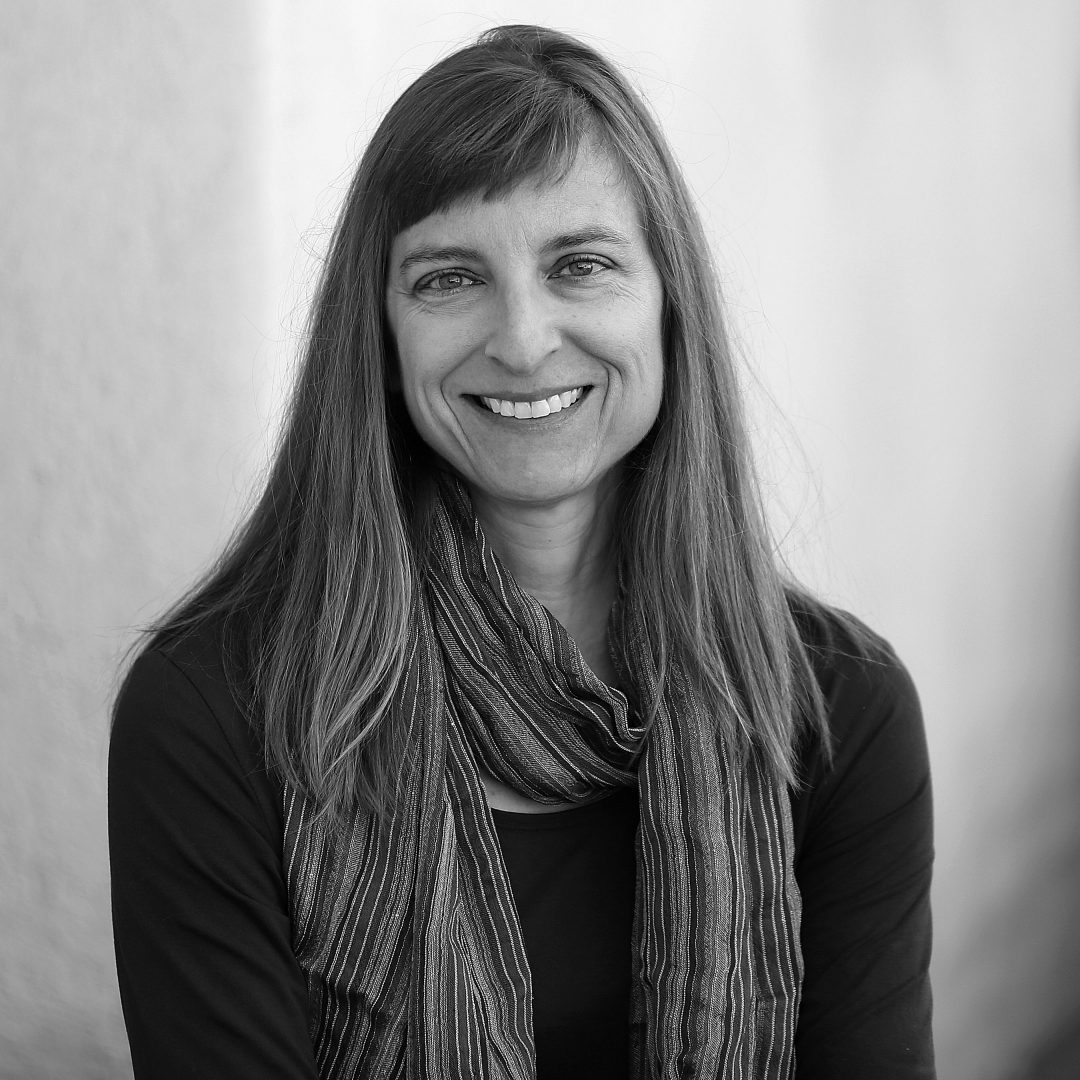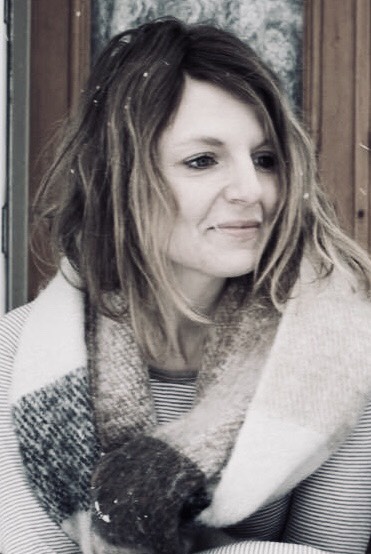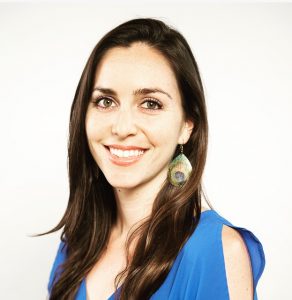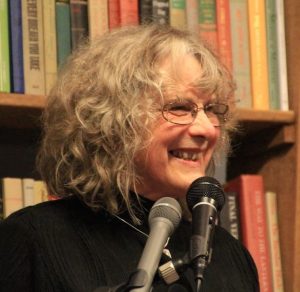Lost and Re-found
It may well be true that my son David’s Chromosome 7 is partly responsible for an
overnight journey to Lost Lake in the Mt. Hood National Forest that I recently took with him
and his staff, Jose. I say this because Chromosome 7 has been studied quite a bit and various
developmental disorders may be linked to its genetic material being displaced, or lost, or
shuffled, or even repeated. It’s easy for me to blame his condition on something, so I do,
though, of course, it may not be true.
Chromosome 7 represents 5 – 5.5% of the total DNA in our cells.
5% may not seem like a lot, but it is the 7th longest chromosome with maybe 900 – 1500
coding genes depending on whose site you read, so no turning your back on this guy. Here we
were then, away from the city and the group home where David resides in order to show him
new adventures, to shake off any lurking genetic-fate, to make his life look like other
people’s.
This particular Lost Lake in the Upper Hood River Valley, Oregon, is not lost, for it
never goes away, or disappears. It can always be found at the end of a very long and windy road.
There is, however, another Lost Lake in this same state. This one is in the Willamette National
Forest and is so named because it really does disappear into three holes in the ground. The
Spring run-offs fill the Lake, but by Autumn there is mostly a dry meadow, for there is no more
mountain water to replenish what is lost. It’s not a duplicate lake at all then, just truer to its
duplicate name. Go figure.
According to the Human Genome Project, when the genetic region on Chromosome 7,
called 7q11.23, is duplicated, Autism-like traits and language problems are the result.
David’s absence of spoken language, his low-functioning Autism, require that two
people accompany him for long drives and sleepaways, so it’s not lost on me that his 7q11.23
could be why we made this journey. Jose and I had no way of knowing if he really wanted to go,
but he is the reason why we did go. After we walked around the 245-acre Lake that is never lost,
we left our cabin (easy to lose in the dark) in order to find some dinner in the closest town,
Parkdale, but first had to find a Pacific Pride gas station for the group home’s company car. It
turns out there is a Pacific Pride in Pine Grove, and oh boy I should have known where Pine
Grove is⎯having passed it a million times on Highway 35 from the town, now city, of Hood
River to the village of Parkdale every summer of my life-as-a-youth.
Pine Grove’s business center is one market and one gas station and has looked exactly the
same for ever. It has not gained ground, or lost ground, for that matter, and for this alone it is
unique—at least it can be counted on not to reshuffle itself. One can, and should, say that it does
stand the test of time. You would never know a Pacific Pride lived there; there is no sign, and the
pump is playing possum behind the everybody-can-use gas station. It’s not lost, but it’s not
easily known, that’s for certain. If it had been there all those years, then it was invisible to me. I
could have both seen it and not seen it.
Jose, a favorite and experienced staff from David’s group home in Salem, GPS’ed a
different route back to Parkdale after Pine Grove and other landmarks appeared, puzzle pieces of
the past tinkering with me⎯Woodworth Road where I rented a house one Summer while setting
fires for the Forest Service plus a sign for the Parkdale Cemetery. The house I hadn’t thought
about for a long, long time, so it was a memory re-found, just like that—a three months’ moment
from 1974. A space, mind you, not particularly relevant to my before-then existence or my after-
then existence, but some mental pictures developed, oblivious to my say-so. My son must think
in pictures. He doesn’t know words in the sense that he can’t say them or write them, but he
knows what a lot of them mean even though he can’t picture the letters in his head, I think.
Three of the genes on Chromosome 7 that may be related to Autism are AUTS2,
CNTNAP2, FOXP2.
The gene, FOXP2, is related to one’s ability to speak. According to Adam Rutherford in
A Brief History of Everyone Who Ever Lived, “There’s only two changes between the protein
sequence of FOXP2 in chimps and us, and we can talk and they cannot.” I like chimpanzees,
and I imagine they talk to each other just fine, but I get Rutherford’s point. This protein
sequence seems agreeably blame-worthy plus I like its full name—forkhead box P2—even if it
might be playing with my son’s genome, lost, misplaced, or shuffled in some way. I have no
real-time words that go along with the house pictures. If only pictures remain, then, in this way, I
am sometimes like David though I can recall certain words, phrases, sentences Jose and I
shared during that time, and my son can’t, I think. David responds in countless ways,
vocalizations, gestures, various signs, so clearly some of the time he does duplicate his hominid
cousins, and nothing wrong with that⎯way too many people talk who shouldn’t be allowed to.
In her 2005 bestseller about Autism and its correlation to animal behavior, Animals in
Translation, Temple Grandin, whose Autism couldn’t be less like David’s, remarks on
her mental cognition as one of seeing in pictures: “During my thinking process I have no words
in my head at all, just pictures.” The academic and well-known author explains that words come
in, but only “after I’ve finished thinking it through” (her itals). These two things then (Temple
and David) prove the Sesame Street song to be true: “One of these things is just like the other;
one of these things is just not the same.” But guess what? That is not the case because they
(Temple=David) do match according to the latest Diagnostic and Statistical Manual of Mental
Disorders or DSM-5 which is the go-to book for finding out how you are similar and different
from the normal people.
The DSM-5 “diagnosis will be called Autism Spectrum Disorder (ASD), and there no longer will be
subdiagnoses: Autistic Disorder, Asperger Syndrome, Pervasive Developmental Disorder Not
Otherwise Specified, Disintegrative Disorder” (The American Academy of Pediatrics). (my itals).
Anyone can see that the problem with the previous DSM-IV was that it was way too
crowded with things that were really not the same but had a few look-alikes—which caused
some consternation and upset the natural Sesame Street order-of-things. DSM-5 erased that
prickly-pear of a problem by simply reshuffling the four into one, Autism Spectrum Disorder,
where a person with a PhD and another person who can’t say or spell PhD are holding the same
umbrella with a big fat sign on it saying ASD HERE. Andrew Solomon rightly quips about the
disappearing disorders in his groundbreaking work Far From The Tree: Parents, Children, and
the Search for Identity: “PDD-NOS—pervasive developmental disorder, not otherwise specified
(which critics claim stands for ‘physician didn’t decide’).” (my Itals). Six words, just like that,
lost forever and why not, it was a mouthful and a tad on the vague side.
Compared to the mentally-neglected house on Woodworth Road, a few words and
pictures arranged or shuffled their way into memory lane when we visited the Parkdale
Cemetery, after finding the gas, but before finding the dinner. The sign demanded our presence,
for my parents are there, and I hadn’t been to see them for several years. In that sense, the house
on Woodworth Road and my parents’ resting place are not the same at all—one was a rental
house I will never see again; whereas, the cemetery I have visited a few times is my parents’
forever-home, since 2000 for my mother and since 2010 for my father. You could say that, like
one of the four disappeared Autism disorders, the House is NS—not specified; whereas, the
Cemetery is VS—very specified.
The cemetery was much smaller than memory said it would be. Alongside Mom and Dad
are four others⎯my paternal grandparents, and a paternal aunt and uncle, which was a
surprise because I had forgotten they stayed there as well. The cemetery has a dramatic natural
backdrop, Mt. Hood, and in a society under siege by the war between sameness and otherness,
it is something of an egalitarian residence given the equal payout of grave markers
for the dead by the living. No stone edifices here, no outsized monument to one father and husband,
no statues to mother and grandmother. If you have a choice for one last place
to live, you can do a lot worse than this picturesque cemetery (from GK koimeterion ‘dormitory’
from koiman ‘put to sleep’). Going to sleep with like-minded people in a similar environment
under the watchful eyes of a majestic mountain, what’s not to like?
I showed David his maternal grandparents’ places, and he jumped and hopped on them,
unmindful (no, mindless) of who, what, or where, or why we were there, while my mind saw the
lost years fly by. The quiet dormitory is surrounded by an apple and pear tree orchard, and a deer
glided through some trees, and looked at us⎯at me I was certain. Yet who is to know
what a deer sees, or thinks? He stopped right in front of us, and I held David’s head, trying to
force him to sight this wild nature, this deer. He didn’t, of course, and my mindless
determination to make him see what we saw has ever been a lost gesture, yet who knows what
David actually sees? While Jose, David, and I all have the visual apparatus to sight
the young deer, maybe only two of us really did see something that, to us, was just the same.
Chromosome 7 has 159 million base pairs.
Sure, that sounds like a lot, but these building blocks of DNA in Chromosome 7 are the
most highly studied of all the chromosomes, and the mystery of lost words or unsighted
deer may be uncovered here. The inability of this man-son with healthy eyesight and hearing to
be able to focus on close-up or middle-distance images, never mind a far-off flying hawk,
is a never-forgotten reality of the low-functioning kind of Autism, and I don’t mean the other end
of IT⎯pretty much anyone can fall under the Autism Spectrum Disorder. And fall under it they
do, although presumably far from any trees one can see. Statistics reveal Autism to be so
common but really, then, where are they all?
There is no photograph that proves the deer, and only two out of the three people there
could talk about it the next day, or the next. But that too falls apart because the words and the
pictures in my mind and in Jose’s mind cannot also be the same. Any meaning, if there is one
for Jose, a thoughtful artist, is his alone, and must be different than mine: he, too young to
dialogue day-to-day with mortality as I do; he, who did not know my parents; he, who has not
lost a parent. Older people seem to be mired in deathscapes, and, if they don’t like the mire, they
may be unable to stray far from it. Mire, related to swampy or boggy ground, but also⎯and so
more true to my mind⎯to be involved in a difficult situation, that is a mother who will one
day not be present and a son who will not understand why she is absent.
This deer followed me fondly for the next few days knocking on my moody
metaphysical door and kicked up a memory of another deer in the film Three Billboards Outside
of Ebbing, Missouri. The character, Mildred, is planting flowers next to one of the billboards
where she has placed an ad that is a pretty clear demand to the Sheriff to find the person who
raped and killed her daughter. She is silently thinking of her loss, and a fawn materializes out
of nowhere, stops, and looks at her. She says to the deer: “Well, you’re pretty. But you can’t be
her. She got killed, and now she’ll be dead forever. I do thank you for coming up though.”
The mother’s loss is and will continue to be profound, and the writer fuels it by
this act of suspending disbelief⎯who sees a deer staring at her when life stops at sorrow and
mortality? Should justice prevail, Mildred’s words reveal the finality of her loss:
daughter’s death, no afterlife, the deer “coming up” as though it resides in the underworld.
Even so, life’s grace and fragility are equal to the young, pretty deer that is not her
daughter but has given the mother the only positive response to her words on the billboards,
which have pitted the town against her.
But this clever brain-storm happened much later, after dinner, after walking through Parkdale,
after seeing the old wood church dating from 1911, the place where I was told I was baptized (maybe
1950) obviously too old at the age of three for religion to stick around and, appropriately enough, no
mental pictures or words rise up from that at all. None. No one has ever talked about it, a Not
Otherwise Specified event certainly. Come to think of it the only people who can testify to this not-
properly-a-memory are together in that dormitory.
Next appeared the building where my sisters, mother, and I went to the movies, oh-so-
long-ago, and I recall to this day, my first cinema-seeing, my painful entrée into the two-faced
Janus of comedy and tragedy. The grandfather’s orchard where we stayed every summer was a
few miles away, and for an evening excursion, we went to the local theatre, although I only
remember this one time, so maybe it did not occur often, or maybe it occurred only once,
historical facts being notably lean on the ground this trip, as anyone can see. I remember it
because the Native American women in the audience wore traditional clothes, had long braids,
and really-and-truly had babies on their backs in papooses you now see only in books.
But that is totally not why I remember it. The birthplace for this memory is because the
film scared me to death. If you want to look up The Long-Long Trailer (1953 Fox) starring Desi
Arnaz and Lucille Ball, you too will find this Hollywood artifact, perpetrator of a singular, albeit
cloudy, snapshot that I can bring to life as if it occurred yesterday, which isn’t much it’s true.
The year is probably 1954, which makes me seven and seemingly too old in today’s
terms (technology having made innocence and naivete obsolete) to be so distressed by a movie
where the characters are in peril of driving their very long trailer off the twisty-turning high
cliff road to die a terrible death. But that isn’t correct either. This is comedy, pure and light.
There is no reason, from any normal perspective, whereby the trailer could actually fall off
the cliff, crash, and harm the two comedians. Zero. Not going to happen.
No flip side to this at all, no gray area, no dark humor. Desi and Lucy will never die, and
no one in that theatre in Parkdale, Oregon, thought they would (except me). What I can’t prove
is that any of it is true, nor will anyone be able confirm this scene that I have incubated through
time. It is my memory and no one else’s though I would prefer it had become lost along the way
because it clearly hasn’t done me any good. I’ve been blaming it on my fear of heights ever
since then, so I can’t back down now. The inside theatre is no longer there, (of course,
obviously), but I remember exactly which building it was located in, and I proudly pointed out to
David and Jose, as a good tourist guide would, where I saw that movie.
Some weeks after the Lost Lake adventure, I was reading Ed Yong’s breathtaking page-
turning study of microbes in his 2016 book I Contain Multitudes: The Microbes Within Us and a
Grander View of Life. He colorfully shows that individuals are pretty much tethered to the
microbes in their system. Microbes in the intestines affect people’s immune systems, and it
turns out that “Many conditions, . . . are accompanied by changes in the microbiome, suggesting
that these microbes are at the very least a sign of illness, and at most a cause of it.” Wow is what
I thought because Autism is one of those conditions he lists. If I can just reshuffle David’s gut
bacteria, maybe he too can see the deer.
Yong writes “that we have around 30 trillion human cells and 39 trillion microbial
ones. . . . ” Microbes “. . . the brainless, microscopic, single-celled organisms that live inside
us have been pulling on our strings all along.”
Microbes in the human body outnumber every single human cell!? Brainless they may well be,
but if it is microbes (not David’s Chromosome 7) that spin his existence, and by
extension mine, and the people who work with him like Jose, then there is more blame
to go around, which I am quite happy about.
Our next trip is to find that other Lost Lake. Jose and I have decided David
would love to see it, we mindful, but really mindless, of his true desires and so off the three
of us will go, pulled by the genes in chromosomes or by not-so-brainless bacteria or just by the
luck of the draw. There won’t be a lake then at the end of August, just a meadow. The water
will be lost underground and no one knows, year after year, exactly where it goes.
The three of us together will see that there is no Lake there. We will share a
similar reality as we walk through it, because the ground won’t be underwater, and maybe we
will all see a deer. Jose, David, and I will not see what, in the past, was there and what, in the
future, will be there again. In this way, we three will be the same. And when the mountain water
fills the meadow up with a lake next Spring, this too we will not be there to see, even
though it will be true.
_______________________
Jane Babson has a master’s degree in African Languages and Literature and a doctorate in Comparative
Literature from the University of Wisconsin-Madison. She often writes about her son with low-functioning
Autism (Neutrons/Protons Magazine) as well as her travels in Africa, Greece, and Viet Nam (Cargo Magazine).
For the past twenty years, she has taught literature at Western Oregon University.

